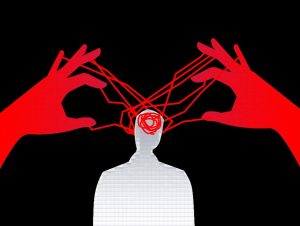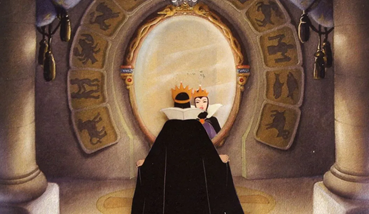Narcissists typically seek admiration, lack empathy, and believe that they are superior to others. While many, if not all, individuals exhibit these characteristics occasionally, roughly one percent of individuals meet the criteria to be diagnosed with narcissistic personality disorder.
When people think of narcissists, they typically imagine overbearing, outgoing, and entitled individuals who have high self-esteem; these are traits of grandiose narcissists. What most people don’t realize is that there is another type of narcissist. Vulnerable narcissists don’t fit the stereotypical narcissist image. According to psychologist Nikhila Mahadevan, “Vulnerable narcissists . . . are withdrawn, neurotic and insecure. They tend to have low self-esteem, be hypersensitive and feel anxious and depressed.”
While grandiose narcissists seek admiration or recognition, vulnerable narcissists need excessive approval to maintain their self-esteem. However, all narcissists have trouble making healthy connections with other people due to their lack of empathy, so they will gaslight, lie, and try to manipulate others to feel better about themselves. Narcissists often abuse the people around them through emotional manipulation, so it’s recommended to avoid narcissists.

While many people can spot grandiose narcissists, vulnerable narcissists are harder to spot. When Skyline students were asked about the types of narcissists, Zara A. stated that “[she] didn’t know vulnerable narcissists existed.” However, vulnerable narcissists also abuse and manipulate those around them to maintain their narcissistic supply of attention and admiration. It’s crucial for people to recognize the traits of vulnerable narcissism so that they don’t fall victim to the subtle tactics of vulnerable narcissists. Be wary of people who constantly play the victim, blame others for all their problems, and attempt to manipulate your thoughts – they may be a vulnerable narcissist!
For more information:
Everything You Need to Know About Narcissistic Personality Disorder
Narcissists: there’s more than one type – and our research reveals what makes each tick









